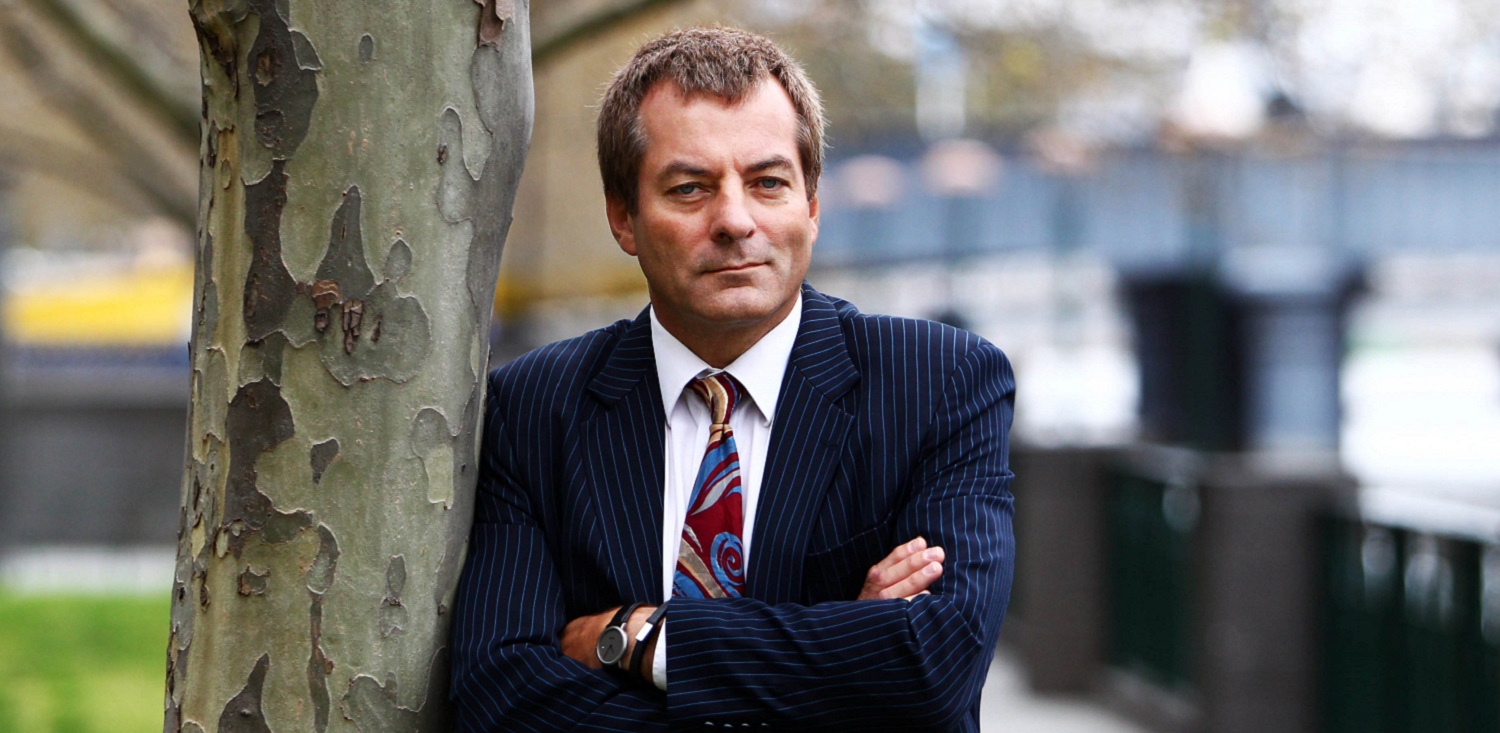In the Institute of Leaders and Managers new book, Leadership Matters, Transparency International boss Cobus de Swardt explains why he’s just as passionate now about combatting corruption as he was fighting the scourge of apartheid in the 1980s.
Transparency International is a global movement that brings together companies, governments and business to fight corruption on a worldwide scale. Operating in more than 100 countries, its headquarters are in Berlin. Managing director Cobus de Swardt was born and raised in South Africa, where he was jailed for refusing to undertake compulsory army service. He eventually fled South Africa for Australia under significant personal danger. He has headed Transparency International since 2007.
David Pich: I think in future years people will look back on this decade and the word corruption will be commonly used. What do you define as corruption?
Cobus de Swardt: I view corruption as the abuse of entrusted power for private and personal gain. This comes in many forms. One of the most significant ways to fight corruption is to fight for greater transparency – that’s why we’re called Transparency International.
DP: What do you define as transparency?
CDS: Definitions of concepts such as transparency, corruption, accountability and integrity are actually dynamic and evolving. It comes back to your opening question really. The last few years have seen definitions shift and transparency [as a concept] is developing faster than all the others. Some people [now] refer to a much more radical transparency. I believe that in five to 10 years’ time from now, this will, again, move quite dramatically. Five years ago, little attention was being paid to things like statutes of limitations, so governments could relatively easily do deals on arms or whatever [in the knowledge that] the statute of limitation would last for 30 years or more. But if that statute of limitation is five or 10 years, it becomes a very different issue even at a government level. So transparency is about making things much more difficult to hide and bringing things out into the light. In South Africa, as young [anti-apartheid] activists in the 1970s and 1980s we always wanted to have the right to speak the truth to those people in power, but now I think that [situation] is being reversed. We now want those in power to speak the truth to us! The notion of transparency being much more instant, much more direct, and dramatically more open. For example, if you look at corporate reporting, even four or five years ago companies didn’t want to report on their activities on a country-by-country basis. They would say, “Here’s our overall global financial statement”. It was very difficult to tell what was happening at a country level. That debate about transparency now seems like it happened two decades ago, but it didn’t, it was only five years ago. And now country-by-country reporting has become project-by-project reporting.
DP: What do you think can be done to see ethics and integrity placed at the heart of decision-making in leadership?
CDS: I think that it starts with the leader. Regulation and rules need to be in place of course, but leaders must constantly think about the values they want to promote. This question is at the heart of sound leadership. It’s much easier for a leader to think about the outcomes they want to deliver, but leaders need to constantly think about the underpinning values to these outcomes. If you think about social policy in general, I would argue that most social policies are often quite devoid of a strong value-driven framework. It’s often the same with leadership. Many leaders are driven by outcomes rather than values. That needs to change.
DP: I agree that many organisations are focused on outcome and output. A lot of a leader’s decision-making is linked to output, not to value. I think that ethical leadership is about a much stronger link between outcome and value. Decision-making is such an important part of successful leadership, don’t you think?
CDS: I do think there’s a very strong element that whatever you do you should at all times feel comfortable with that decision. If, for whatever reason, your decisions were to become public knowledge, would you feel comfortable with that? That’s the test of sound decision-making. In my role at Transparency International, I often have companies say to me, “Oh, this corruption thing, it’s so complicated, our people don’t know what to do because the laws are so . . . ” And I typically say, “Just use common sense”. I recommend using ‘The New York Times test!’ Ask yourself, if the decision I make were to appear on the front page of The New York Times, would I still do it? Probably 99 per cent of times you would say yes, but it’s the other one per cent that you need to think about. Being an ethical leader is about passing The New York Times test 100 per cent of the time.



